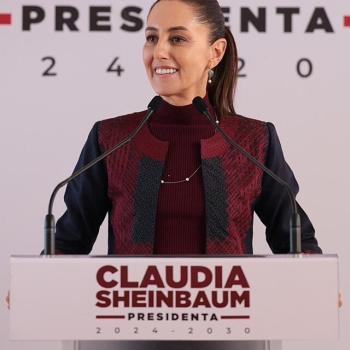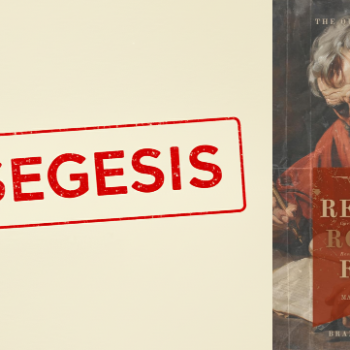Where is the Life we have lost in living?
Where is the wisdom we have lost in knowledge?
Where is the knowledge we have lost in information?
T.S. Eliot, Choruses from The Rock, 1934
To religious leaders, the democratization of information can be threatening. Those accustomed to being set apart as experts have been usurped by Google searches. The crying need in a post-information age is for wisdom and discernment. How do we develop eyes to see and ears to hear? I advocate counterprogramming. Lasting impact will not arise from bigger, louder, faster worship services, but from slower, quieter, and deeper experiences with God. The challenge is to make space for God amidst an avalanche of information.
Thankfully, we have ancient resources with which to navigate the age of distraction. Practices like lectio divina slow us down long enough to separate the eternal from the mundane. We can combine enduring Christian virtues with cutting-edge technology to forge a faith for the future. We must encourage people's interest in seeking answers, sparking conversations, and getting theological education online. I am eager to see what the iPastor of the future looks like. And I'm intrigued and challenged by questions raised by Dougles Estes in SimChurch. How will the tangible elements of bread and wine be translated into a virtual era? Will the water of baptism be a bracing tonic in age of mediated experiences?
Perhaps the sacraments set apart as physical reminders of spiritual truths will bring us roaring back to reality.
Craig Detweiler directs the Center for Entertainment, Media and Culture at Pepperdine University. He edited the new collection, Halos and Avatars: Playing Video Games with God, for Westminster John Knox Press.
For more on this theme, see Catholic screenwriter Barbara Nicolosi-Harrington's "The Church of the Masses" and "Save the Boomers, Save the World."




